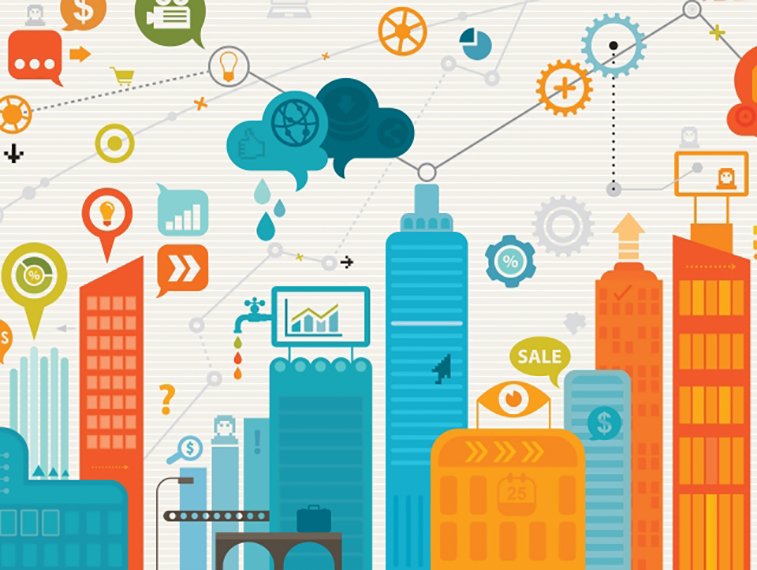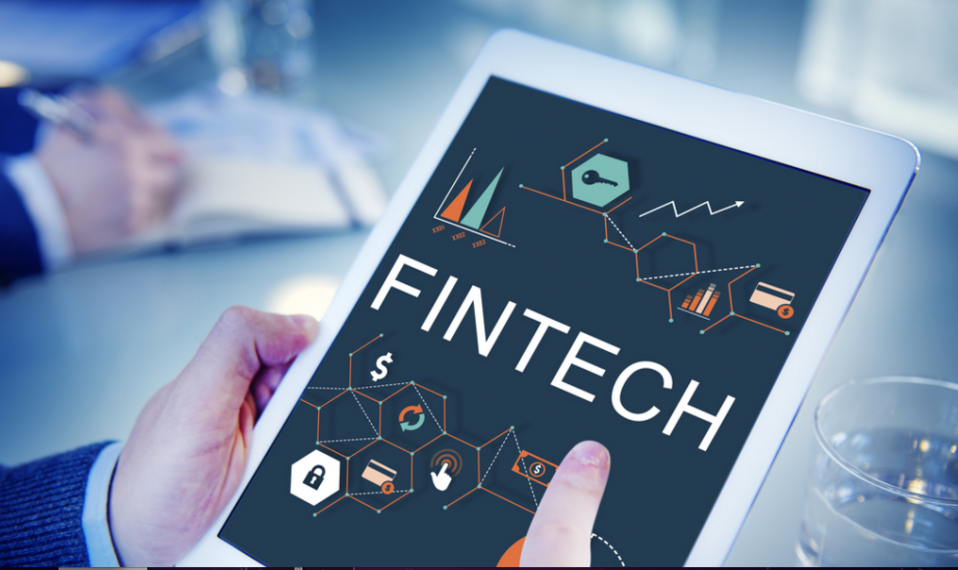Connected devices that are linked to the Internet of Things are set to change our lives very soon. These devices will allow us to switch devices on and off using our smartphones, keep track of when we bought the individual eggs that are stored in our fridges, monitor our own heart rate and improve our sleep, among other benefits. As Scott Harrell (2015) points out, writing for CIO:
“Today there are 10 billion connected devices but that number is expected to grow exponentially – exceeding 50 billion sensors, objects and other connected “things” by the year 2020.”
The Internet of Things offers tremendous opportunities for increases in operational efficiency as well as raising the quality of life for many people. But this also brings challenges that are perhaps less well discussed than the opportunities offered. The fact that the Internet of Things will lead to a great deal of data being stored and passed in the cloud has significant security and privacy implications that need to be dealt with. If not there will also be tremendous opportunities for cyber criminals and even countries to gain access to systems and information that they should not be privy to. Making sure that networks are secure for handling the internet of Things needs to be focused on to make sure that data is kept safe.
Research by Cisco has examined the actual threats, and some of the challenges that are faced are worrisome. These need to be addressed and sooner, rather than later before damage is done. For example, Cisco discovered that Internet of Things devices could be used as “infection vectors” with the ability to spread malware throughout and across organisations. They could also become a starting point for denial of service attacks. Such attacks could easily end up being responsible for significant destruction and even the loss of human life. A quarter of respondents in a survey were concerned about this problem.
Privacy is also a challenge that the Internet of Things exacerbates. People will be able to get information from different sources, such as your home devices and smartphone and it will be possible to get an extremely detailed understanding of who that person is as a result. It is the correlation of the data between systems that is dangerous here, as it is not possible to get so much from one device on its own. This would lead to marketing campaigns that would be extremely targeted, but many people would not want their privacy compromised in such a way to be able to benefit from this. As well as these issues, a third issue was identified to be the problem of forgotten internet-connected devices which could be highly vulnerable to abuse. Both organisations and industry have a responsibility for dealing with these issues.
One challenge is that there is insufficient resources and expertise to be able to handle all of the data that is created by the Internet of Things and its connected devices. Those that pay attention to these challenges and try to address them will benefit from considerable new insights and opportunities. It will be possible to tie together operational technology and information technology and this can create a “unified approach across both domains”. It is argued that significant capability will be provided from doing this on a number of levels. One of the opportunities is that the systems will be focused on threats and will be able to deal with this in real time and through continuous analysis. This provides greater protection against attack. Security would also become platform based, taking an approach that deals with networked devices as well as the cloud. In addition there would be a benefit of being “visibility driven”. This provides opportunities for correlating information by being able to see so much more than ever before. This in turn offers excellent chances for using intelligence to review context as well as make better decisions. This benefits the whole organisation, and not just the IT department.
Organisations that get ahead will be able to protect themselves and their customers from the risks and will be better appreciated by customers. This will lead to them being the leaders in the Internet of Things in the future.

Paula Newton is a business writer, editor and management consultant with extensive experience writing and consulting for both start-ups and long established companies. She has ten years management and leadership experience gained at BSkyB in London and Viva Travel Guides in Quito, Ecuador, giving her a depth of insight into innovation in international business. With an MBA from the University of Hull and many years of experience running her own business consultancy, Paula’s background allows her to connect with a diverse range of clients, including cutting edge technology and web-based start-ups but also multinationals in need of assistance. Paula has played a defining role in shaping organizational strategy for a wide range of different organizations, including for-profit, NGOs and charities. Paula has also served on the Board of Directors for the South American Explorers Club in Quito, Ecuador.



























